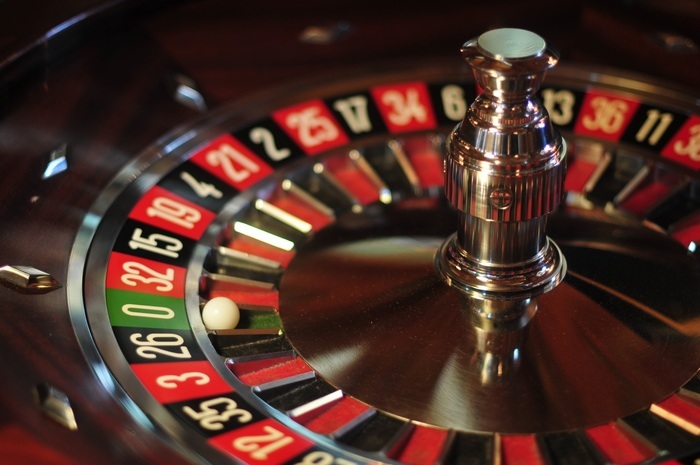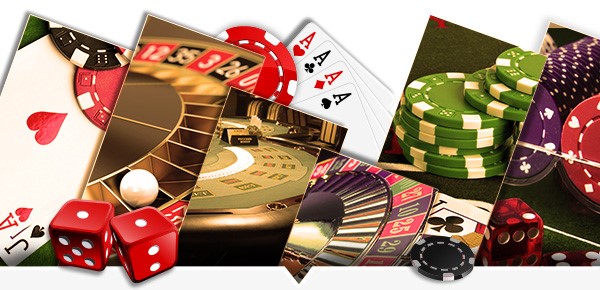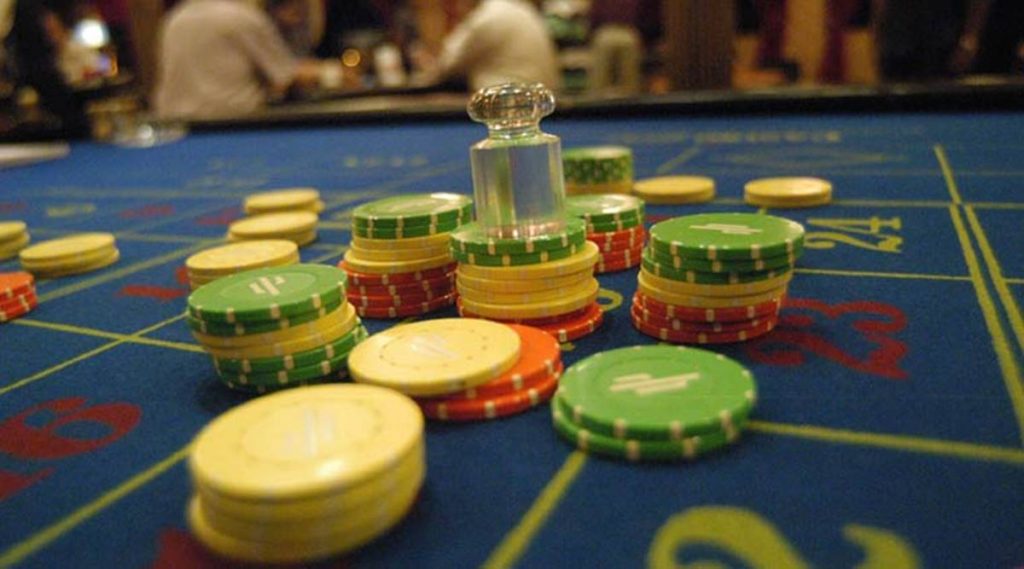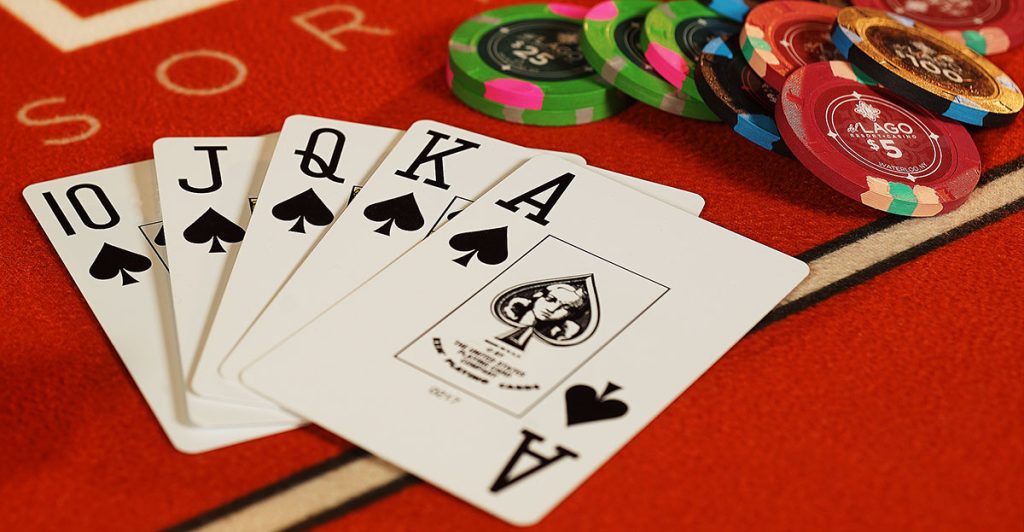The world of online roulette has seen an incredible transformation, with technological advancements offering players a dynamic and thrilling experience. Online roulette continues to captivate players around the globe by combining tradition with innovation. Here’s a closer look at how the evolution of this game has brought endless entertainment to the forefront.
The Rise of Technology in Online Roulette
- Enhanced User Experience
- Advanced graphics and 3D technology have elevated the look and feel of online roulette, providing players with an immersive gaming experience.
- Realistic animations and smooth gameplay allow users to enjoy a truly lifelike atmosphere right from their screens.
- Mobile Accessibility
- The accessibility of mobile apps and responsive websites has allowed players to enjoy roulette on the go, anytime and anywhere.
- Optimized for smartphones and tablets, mobile roulette ensures seamless performance, enabling users to play whenever they feel like it.
- Live Dealer Games
- The integration of live dealers has revolutionized the online roulette experience by blending virtual gameplay with a live, interactive environment.
- Players can now enjoy real-time action while interacting with professional dealers, creating a social and authentic casino vibe.
Innovative Features Enhancing Gameplay

- Multiplayer Options
- Roulette promos UK now offer multiplayer modes where players can join a virtual table with others, adding a layer of competition and excitement.
- The ability to chat with fellow players during the game adds an extra level of engagement and interaction, mimicking the excitement of land-based casinos.
- Variety of Game Types
- Innovation in game variations keeps players entertained with unique versions of roulette, including European, American, and French roulette, each offering different betting strategies and odds.
- New, inventive variants of roulette continue to emerge, offering fresh twists and game mechanics to keep the experience fun and engaging.
- Customizable Bet Limits and Features
- Online platforms allow players to adjust the betting limits based on their preferences, making the game accessible for both beginners and experienced players alike.
- Personalized betting options ensure players can tailor the gameplay to suit their comfort level, making roulette enjoyable for all.
Gamification – Taking Fun to the Next Level
- Bonus Features and Rewards
- Many online roulette games integrate gamified elements like rewards, bonuses, and loyalty programs to further enhance player engagement.
- Players can unlock special features and achievements while enjoying their favorite roulette game, adding an extra incentive to play and win.
- Skill-Based Elements
- Some roulette platforms now introduce skill-based challenges that allow players to influence certain aspects of the game, adding a layer of strategy to the gameplay.
- Players can enjoy the balance of luck and skill, creating a more engaging and competitive experience.
Safe and Secure Gaming Environment
- Fair Play and Transparency
- Advanced technology ensures fairness in online roulette, with RNG Random Number Generators guaranteeing unbiased outcomes for every spin.
- Players can trust that their gaming experience is fair, providing peace of mind while they enjoy the excitement of the game.
- Secure Payment Systems
- The integration of secure payment gateways ensures that all transactions, including deposits and withdrawals, are protected by cutting-edge encryption technology.
- Players can safely enjoy their winnings and deposits without concerns over their financial security.
Conclusion – A New Era of Entertainment
Online roulette continues to evolve, offering players endless entertainment through its innovative features. The combination of advanced technology, mobile access, live dealer experiences, and interactive gameplay ensures that online roulette remains an exciting and ever-growing form of entertainment. Whether you are a beginner or an experienced player, online roulette offers something for everyone, bringing the thrill of the casino to your fingertips.







